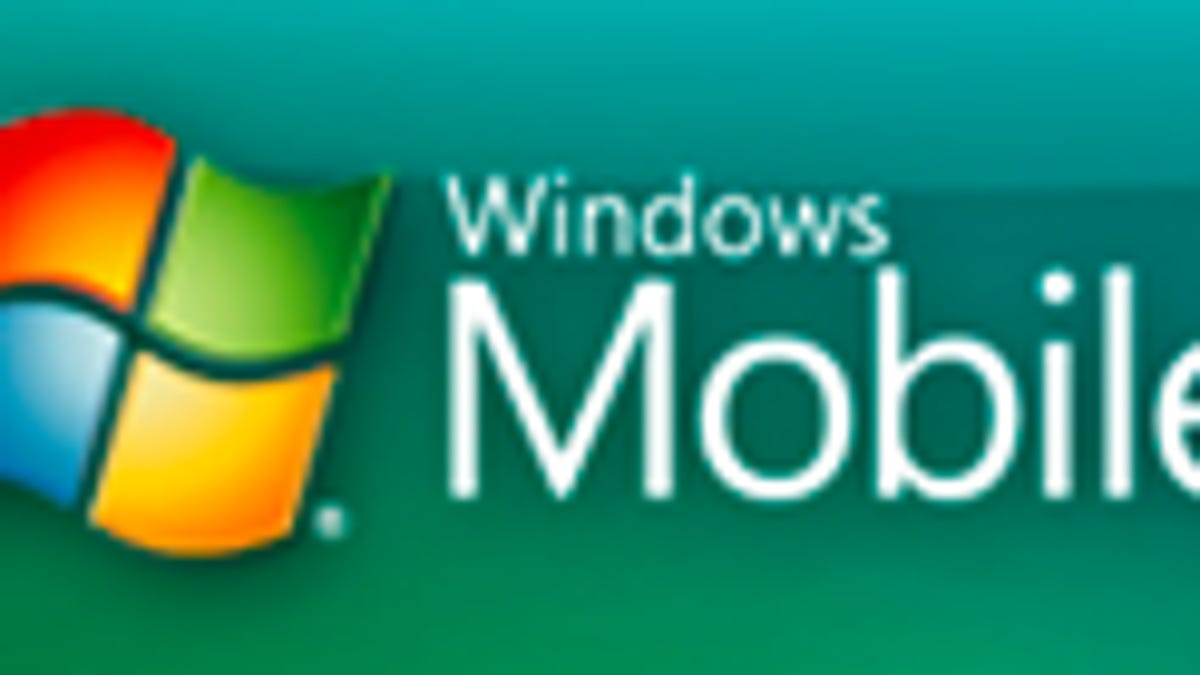Microsoft needs to go big with Windows Mobile
Windows Mobile is massively under attack by the iPhone and Android. Microsoft needs to take big steps and assert its market position.

It's no secret that Windows Mobile has hit a rough patch as the iPhone and Android-based smartphones have take center stage. Recent statistics from AdMob shows that Windows Mobile market share of Web surfing was way down during the past 12 months--more than 70 percent year over year.
Any number of people postulate that Windows Mobile will be dead, some say as soon as 2011, unless Microsoft figures out a way to not only make the operating system better but to convince users that they should care.
On the New York Times Bits blog, Steve Lohr wrote earlier Thursday on analyst Mark Anderson's comments suggesting that Microsoft abandon their consumer efforts entirely--that the company has lost the battle for consumers:
Except for gaming, it is 'game over' for Microsoft in the consumer market. It's time to declare Microsoft a loser in phones. Just get out of Dodge.
I'm not a huge fan of Windows Mobile, but Microsoft certainly can't give up on smartphones and really has no alternative but to make a big move in the mobile operating system space. And Windows Mobile is not nearly as bad as many people think--if you don't believe me, check out these results from mobile blog jkOntheRun.
I recently toyed with Windows Mobile phones at both Verizon and AT&T stores and I could absolutely see the appeal of the common desktop functional paradigm if I were a Windows user. But consumers are fickle and don't want to add an OS decision into their buying process. They just want the phone and its applications to work and be easy to use.
There remains a huge opportunity for Microsoft to take its dominant position and make Windows Mobile truly great, even if it means walking away from the status quo. And while that's not typically the Microsoft way, the company has shown with Bing that it can make those kinds of decisions (as well as less-positive choices.)
There are two very simple moves Microsoft could make that would not only shake up the whole market, but also build a path for the future:
Acquire Palm
It seems like a fairly obvious and very cheap acquisition for Microsoft to acquire Palm and make WebOS the next version of Windows Mobile. Palm has always produced quality desktop sync software and understands the challenges of the enterprise--far more so than Apple but still not as well as RIM.
The downside is that Microsoft doesn't have the best track record of monetizing their acquisitions and tends to shove acquired companies into silos ala Danger. But, WebOS would at least put Microsoft into 3rd place and provide building blocks to connect desktop applications.
Embrace Android
Android brings to market a wealth of possibilities not just for smartphone functions, but for gaming, desktop connectivity and cloud services.
Yes, Google is behind Android and they are the enemy, but it wouldn't be terribly difficult to fork the code and use the base as the next Windows Mobile. Carriers would have a reason to pay Microsoft to use their certified version of Android and even if Google closed the core, Microsoft would still be able to build on top of it.
The challenge right now is that smartphones from RIM and Apple offer a complete package of device plus applications, and buyers only have to consider the applications and form factor. Buyers have been conditioned by the carriers and to a large extent by Apple not to make the OS a big part of the decision-making process.
Android is much less evolved than the competition but has huge momentum behind it and that's where the opportunity lies. This would obviously be a big pill for Microsoft to swallow, but the company can't let innovation go on around it and just sit still.

